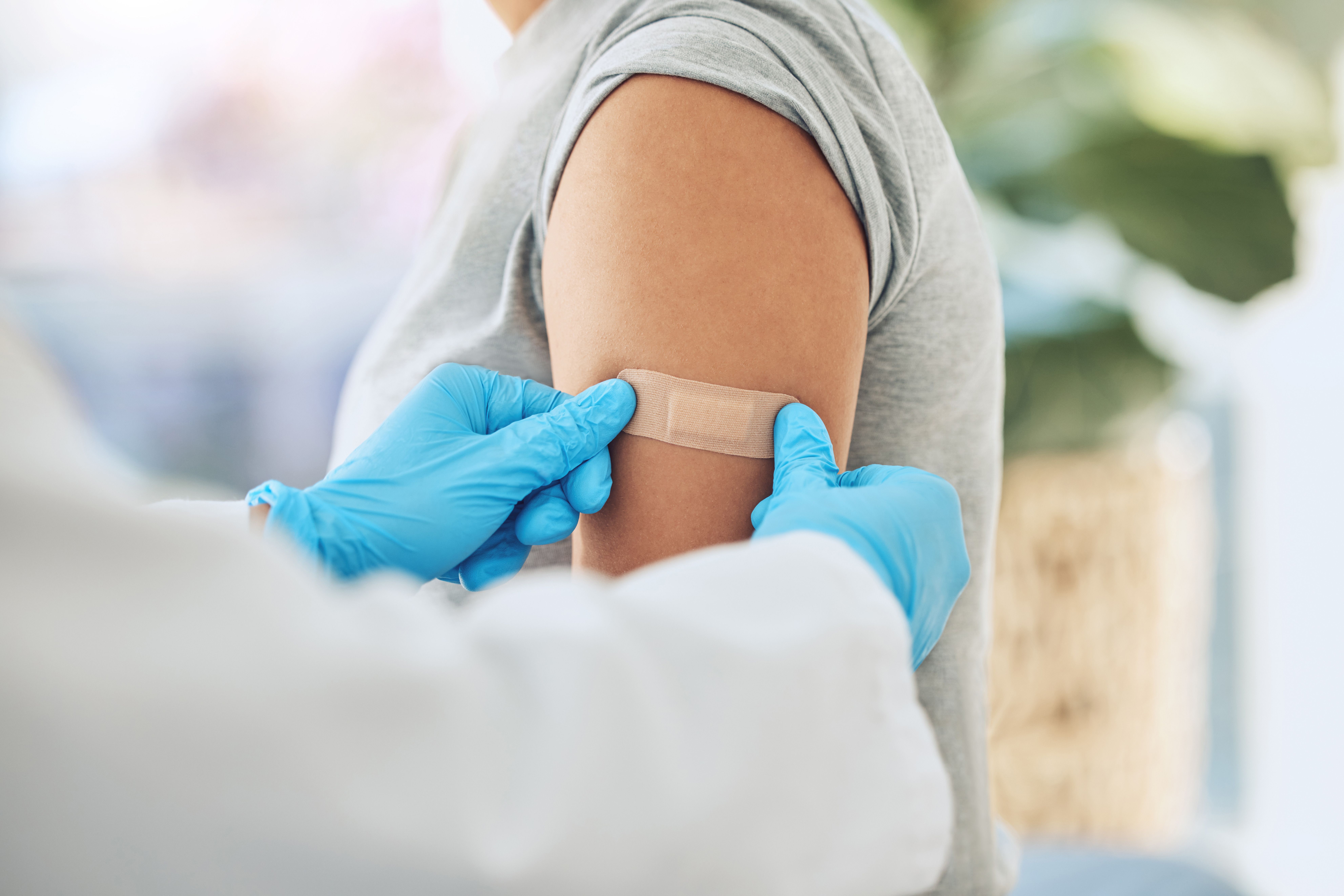
Commentary
Video
McKesson IdeaShare 2025: Chronic Care, Pharmacogenomics, and the Expanding Role of Clinical Services
As the role of pharmacists continues to evolve, the future of pharmacy lies in expanding beyond traditional dispensing to embrace new clinical services that address both emerging and longstanding patient needs. In this forward-looking conversation, Nancy Lyons, BSPharm, MBA, CDCES, vice president and chief pharmacy officer of Health Mart by McKesson, explores the next frontiers in pharmacy care—from chronic disease management and pharmacogenomics to mental health support and HIV prevention. She also reflects on the broader impact of clinical service diversification, emphasizing the pharmacy’s vital role in the health care ecosystem and urging the profession to remain resilient, innovative, and engaged in advocacy.
Q: Looking ahead, what emerging clinical services or areas of patient need do you see as the next frontier for pharmacy expansion? How can pharmacies strategically prepare to capitalize on these future opportunities?
Nancy Lyons, BSPharm, MBA, CDCES: Yeah, I think we talked earlier—what's old is new again. Chronic care management is getting a lot of attention nationally right now, just solving some of the financial pressures that we've all seen for years, with the number of chronic conditions increasing and really starting with children. Pharmacists have 30 years of experience in chronic care management, both on the medication side and the patient education and empowerment side.
So really digging into things like blood pressure screenings, with referrals to care, cholesterol, and A1C or blood glucose, and tying that back to a prescriber who can get patients into treatment earlier—it’s not okay to just do the screenings, but [we have to] to cost-effectively manage them. For patients with existing chronic conditions, seeing what their numbers are, accessing data from wearables, empowering patients and prescribers to get clinical guideline-based therapies in place—all of that is key.
Alongside this, we're always going to want lifestyle education. Pharmacists can do a lot there, too. It doesn’t always have to be a dietitian who says something as simple as “add more vegetables to your plate” or “work on portion sizes.” Pharmacists can help ensure there's a network to refer patients to registered dietitians for those who need personalized plans to optimize their health.
Beyond that, I’m also really excited about pharmacogenomics. Prior to the pandemic, there was a lot of momentum around personalized care, especially with cancer and other tricky conditions where it’s important to get the treatment right the first time for patient quality of life. McKesson is so invested in cancer care and management through Sarah Cannon Research Institute, but I really think pharmacogenomics should be integrated into pharmacies so we can work as part of the health care team to optimize therapies.
Mental health screenings are also critical. There’s often stigma, but people walk into a community pharmacy without thinking of it as a health care facility—so it’s a low-stress, no-barrier opportunity to get involved in addressing mental health issues.
HIV prevention services are another area. Before the pandemic, we were heading in a great direction with the goals set for 2030. We need to get back to that if we’re going to meet those goals.
Then there are some niche services—looking around at what neighborhoods care about: pet meds, travel immunization services. These aren't for every pharmacy, but when those niches are present, they offer an opportunity to truly optimize care based on community needs.
Q: In your opinion, what is the ultimate impact of a pharmacy diversifying its clinical services—not just on its bottom line, but on its role within the healthcare ecosystem and its relationship with patients and other providers?
Lyons: Yeah. I mean, the bottom line—we’ve already talked about—is critical, but this is health care. Pharmacies are often the only care provider within a reasonable travel distance. We’ve always said, “within 5 miles,” but with recent pharmacy closures, we may need to expand that map. Pharmacies are working as the front door to health care—thinking of the pharmacist as the very first step of primary care. That helps take some of the burden off overwhelmed physicians.
We need to rethink the health care system so that all of us—pharmacists, physicians, and other providers—can work together to optimize patient care in every community, especially rural and underserved ones. We need to leverage this resource that is ready, willing, proven, and trusted. We talk a lot about COVID-19, but even going back to H1N1—pharmacies stepped up. During natural disasters, pharmacies stepped up. Pharmacists are in a unique position to make a difference, and that’s something the country needs to fully leverage. Cost-effectiveness and convenience are right in front of us—just take a look at pharmacy.
Q: Is there anything you’d like to add?
Lyons: I know that right now is a volatile time. I’ve been a pharmacist, like I said, for a number of years, and I think it’s easy for many of us to lose hope and really think, “This is it.” There have been a number of “this is it” moments, and I’m still so excited about the resilience of pharmacy.
I think we still have it in us—if we can solve some of these pressures. I just challenge every pharmacy to take a look at advocacy. Right? It’s not okay anymore to let others speak for us. Make sure you’re involved in your state and national associations—both have a role to play—in ensuring our profession not only survives but truly thrives in the future.
Newsletter
Stay informed on drug updates, treatment guidelines, and pharmacy practice trends—subscribe to Pharmacy Times for weekly clinical insights.
2 Commerce Drive
Cranbury, NJ 08512
All rights reserved.




